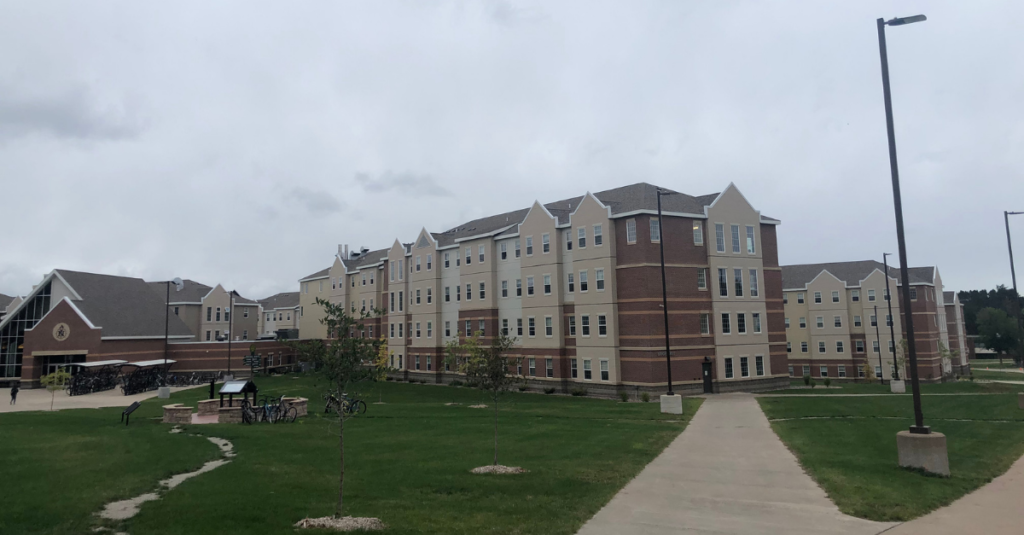Every summer before the start of the fall semester, the Office of Housing and Residence Life hosts training for the resident advisors and directors to help assist the incoming students living on campus. Dr. Jessica Cruz, chief diversity and inclusion officer at NMU has previously presented on macroaggressions for these pieces of training and was invited by the university to speak about the broader issue of racial sensitivity training that occurred this year.
“We began by discussing the terms diversity, inclusion, equality and equity to provide a context,” Cruz said. “The goal is to work towards systemic equity, to eliminate barriers and increase justice to have a system that provides fair treatment, access, opportunity and advancement for all people.”
The unjust murders of Black individuals within this past year have sparked protests and outrage all across the country and NMU Housing and Residence life knew that this was an important time to address these feelings and service the campus community through addressing sensitivity, critical race theory and racial bias among other topics to those working in housing, said Catherine Hardenbergh, assistant director of residence life.
“If we would have pretended that it was business as usual, we would be doing a disservice to our living communities. There is an opportunity for students coming from various spaces and experiences to share their feelings and beliefs even if they are opposing,” said Hardenbergh. “We have an opportunity in Housing and Residence Life to encourage healthy civic discourse and respect to our neighbors and cohorts.”
Throughout the course of this summer’s paraprofessional training, Cruz invited other faculty members to work with and help in presenting these topics to help aid residence life to be allied with students of color and provide healing to their communities. Other discussion points during the racial sensitivity training intersectionality and how each individual community member’s unique experience can bring different perspectives. Supporting students and forming an inclusive, welcoming community was one of the key mission statements of the training program, said Hardenbergh.
The training itself not only focused on the fair treatment and advancement of students of color but also discussed privilege, particularly privilege among white individuals in the campus community and the recognition of this. Talking points in this discussion were regarding the Black Lives Matter and all lives matter movements, controversial symbols, macroaggressions and a dialogue about how to respond when students use derogatory terms or racial slurs.
Sensitivity training will continue in the residence halls of NMU throughout the year with upcoming initiatives to share resources and explore new ways to continue discussions of racial sensitivity and macroaggressions. During this summer’s training, RAs and RDs were invited to continue being involved in diversity, equity and inclusion efforts on campus and those who expressed interest will be invited to participate further with DEI as well as joining the UNITED and Diversity Common Reader Project planning committees, said Cruz.
“it is important to continue this dialogue, especially given the current climate and national/global calls for justice,” said Cruz. “I will provide presentations on macroaggressions, but we will also continue to provide support in navigating difficult conversations, controversial or tense topics and how to sustain a healthy climate and living environment.”

























